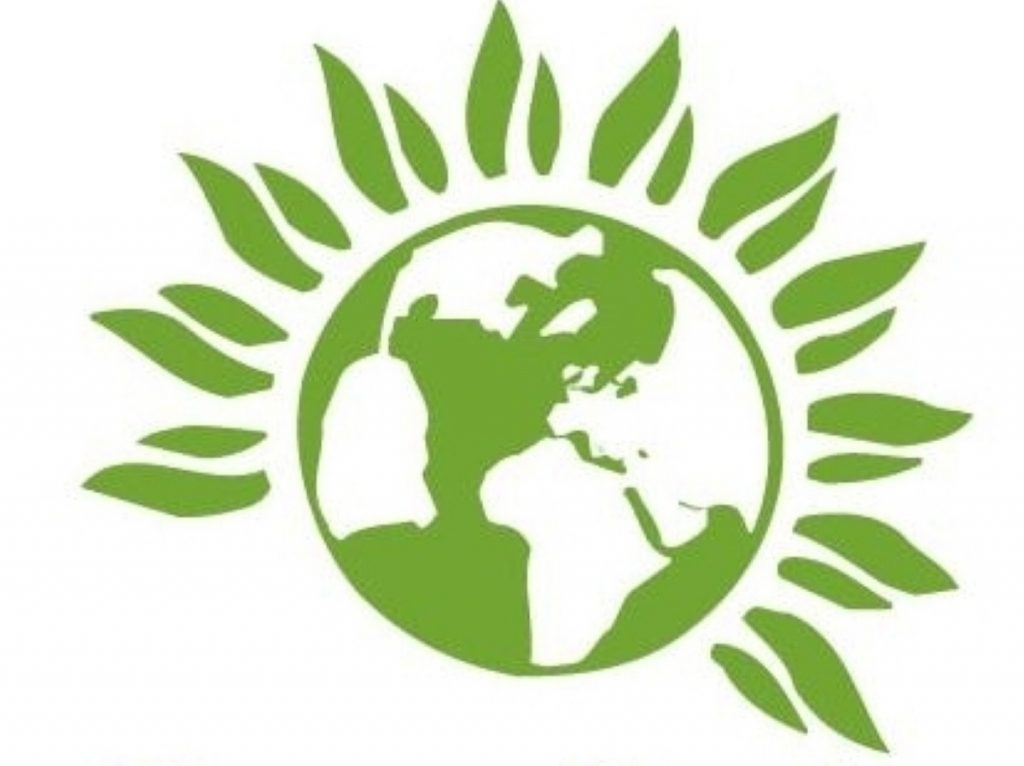Could the Greens provide the real upset of the European elections?
Without so much as a whisper from the mainstream press, the Greens have surged strongly in the later stages of the European elections.
The latest You Gov poll puts them ahead of the Liberal Democrats, on ten points to nine. An Opinium survey for the Mail puts them neck-and-neck for fourth place on six per cent. It comes after a string of polls showed them performing strongly, with the party enjoying the most support it has had since 1989.
"The biggest change has been a marked increase in support for the Greens," YouGov president Peter Kellner wrote this morning.
"The Greens have gained three votes for every one they have lost since late April.


"Those gains have come from every part of the political spectrum, but with slightly more from Labour and those who made up their minds late.
"The battle for fourth place is too close to call with certainty; but when the votes are counted on Sunday night, the performance of the Greens may be one to watch."
A swing of just 1.6% would see the party increase its tally from two MEPs to six.
When you strip away the party name and poll people on policies alone, the Greens actually become the most popular party, polling 25% to Labour's 20%. Ukip poll just 12% on this measure.
The party's agenda, which includes nationalisation of the railways, a referendum on the EU and a challenge to an EU-US trade deal which could enforce a free market in the NHS, is particularly attractive to Labour and left-of-centre voters. It offers progressive voters a chance to lodge a protest against the political class without having to opt for the increasingly bellicose anti-immigrant rhetoric of Ukip.
Party leader Natalie Bennett says she is picking up Labour votes in the north-west, Lib Dem votes in the south-west and Tory votes in the shires due to fears about fracking.
However, many liberal voices are put off by the party's problematic attitude towards some science issues, including stem cell research and GM crops.
It also relies on the disproportionate support it gets from young people – who tend to be the demographic least likely to turn up on voting day.
There is lingering anger in Brighton, where it runs a minority administration, over its acceptance of cuts despite campaigning on an anti-cuts agenda. When the party voted to support the Brighton councillors' decision, one activist wrote a letter of resignation accusing the party of falling down "at the first puff of wind from Eric Pickles".
And the surge in British Green support is not reflected at a continental level, where complex manoeuvres by radical parties could see the far left overtake them in the parliament. They could slide from the fourth largest caucus to sixth.
Ukip have enjoyed huge coverage this election campaign and they have the poll success to show for it. Even though many of the party's non-immigration or EU policies are unpopular, Nigel Farage's eccentric charisma has made him a darling of the media in a way the Green's would struggle to emulate.
But a strong enough showing today could force broadcasters and newspapers to offer more coverage to this much-ignored party. And in a proportional representation contest, every vote counts.
When the results for the European elections come in, the fight for fourth place could be as interesting as the fight for first.

